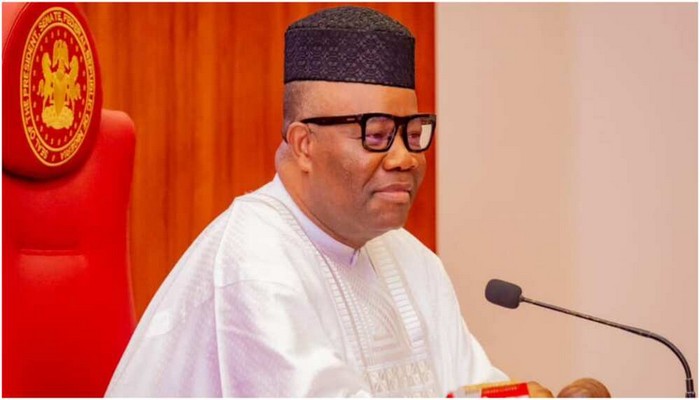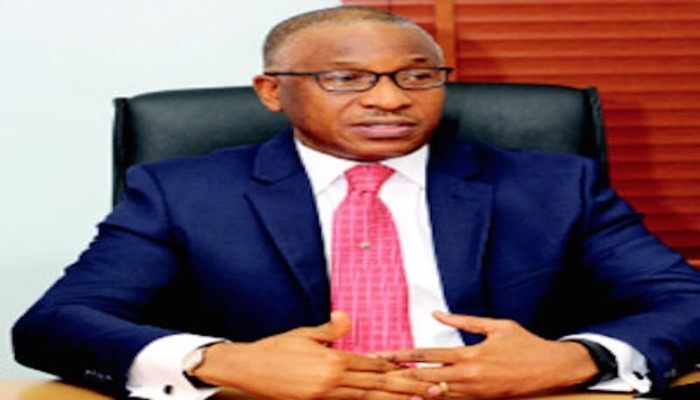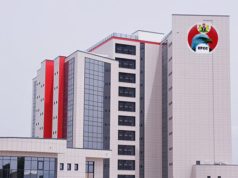The Bureau for Public Enterprises (BPE) has promised that it will review Nigeria’s power sector privatisation process, to remove fundamental flaws hindering effective operations in the sector.
The Director-General of the Bureau, Mr Alex Okoh, said in Abuja on Thursday that the review will cover customers enumeration, to eliminate estimated billing challenges, improve metering infrastructure, cost-reflective pricing and tariff structure.
Okoh who addressed the press on the activities of the bureau, said it attracted about $7.8 billion foreign direct investments (FDIs) to the country within the 18 years of its existence on a net process basis.
“We have privatised, commercialised and reformed about 142 enterprises using various transaction strategies, including core investors and concessioning.
“The privatisation process has been able to attract about $7.8 billion in total foreign direct investments into the country through the privatization of 53 enterprises in the different sectors of the economy,” he said.
On the impact of the activities of the bureau, Mr Okoh said about N400 billion of this year’s federal budget is projected to have come from the privatisation and commercialisation activities of the bureau.
In addition, Okoh said 26 seaports were reformed through concessioning, while federal government-owned banking institutions and insurance companies were also privatised by way of share sales in the stock market.
Okoh said the Bureau also plans to handle the rehabilitation of the country’s four refineries using private sector resources paid directly to the original refinery builders to handle the repairs, stressing that the bureau’s reform agenda also covered agriculture, automobile, hotels and tourism, steel and aluminium companies, while sectoral reform saw the pension sector revolving into a contributory system.
The power sector, he noted was the most recent beneficiary of the reforms, which affect the generation and distribution end of the power chain.
Despite challenges, Mr Okoh said the Bureau achieved significant milestones, including expansion of private sector role in the Nigerian economy by opening up the sectors to grow the economy through the participation of core investors.
He also identified the liberalisation of the telecom sector as one of the agency’s achievements, noting that prior to reforms, the sector had only 500,000 functional telephone lines.
H e said Nigeria is today s recognised as one of the fastest growing telecom sectors in the world with a126 million telecom subscriber base.
On current work plan, Okoh said privatisation of the 960 MW Afam power plant, one of Nigeria’s oldest thermal power plants, which first failed in 2013, would be undertaken in the course of the year.
He said a technical adviser has already been appointed for the transaction, which is expected to be completed in December this year, or in first quarter of next year.






































